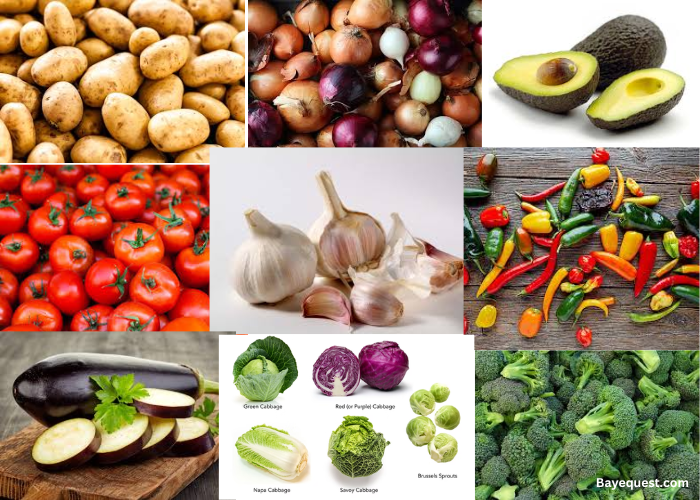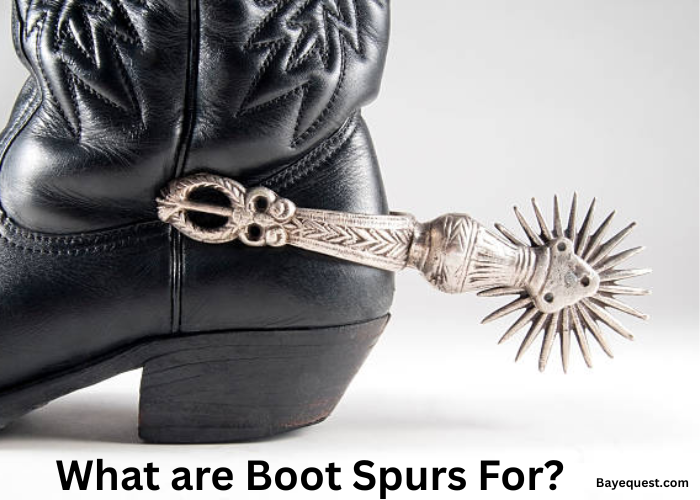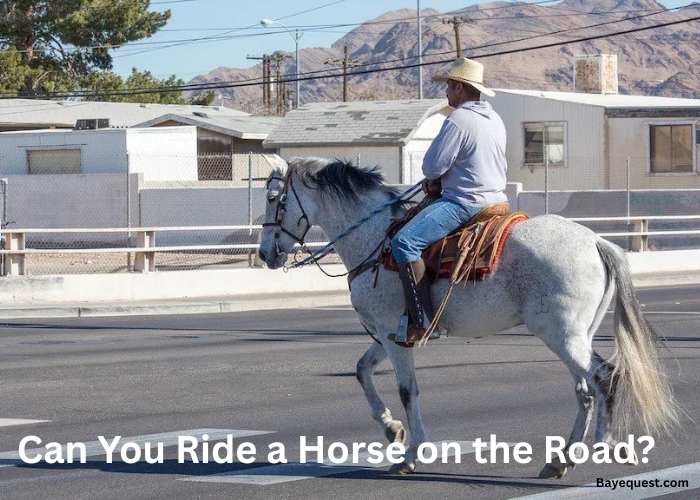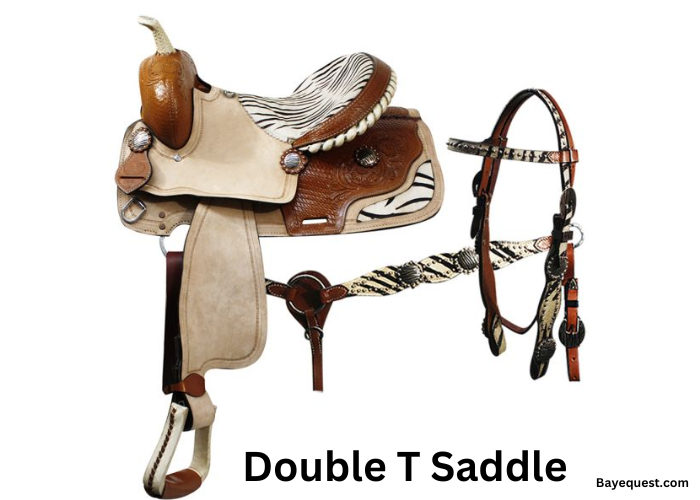As horse owners, it’s tempting to share bits of garden produce or kitchen scraps with our four-legged companions, especially when they look at us with those eager eyes.
But here’s the truth: some vegetables that seem harmless – or even healthy – for humans can actually be dangerous, or even toxic, to horses.
This guide will walk you through the vegetables that are unsafe for horses, explain why they pose a risk, highlight safe alternatives, and give you practical feeding tips so you can keep your horse’s diet both nutritious and safe.
What Vegetables Can Horses NOT Eat? Key Takeaway
- Potatoes
- Tomatoes
- Onions and Garlic
- Cabbage, Broccoli, Cauliflower, and Kale
- Avocado
- Rhubarb
- Brussels Sprouts
- Peppers (green, red, and chili)
- Eggplant
- Other risky root vegetables (turnips, rutabaga, raw beans in excess)
Can Horses Eat All Vegetables?
No, horses cannot eat all vegetables.
While many vegetables are safe and even beneficial for horses in moderation – like carrots, celery, and cucumbers – some are dangerous or even toxic.
That’s why horse owners need to be selective and cautious when offering vegetables as treats. Sticking to horse-friendly options and introducing new foods gradually helps prevent colic and other digestive issues.
When in doubt, it’s best to consult with a veterinarian before feeding unfamiliar vegetables, ensuring that treats remain both safe and enjoyable for the horse.

Why Certain Vegetables Can Be Dangerous for Horses
At first glance, it might seem like all vegetables should be safe for horses. After all, they graze on plants all day in the pasture.
However, a horse’s digestive system is very different from a human’s, and some vegetables contain natural compounds that can be harmful – or even toxic – to them. Understanding the potential risks is key to making smart feeding decisions.
Toxins and antinutritional compounds
One of the biggest challenges with vegetables is that many contain toxins or antinutritional compounds that horses can’t process.
For example, members of the nightshade family, such as potatoes and tomatoes, contain solanine, a substance that can cause colic, lethargy, and neurological issues in horses.
Meanwhile, cruciferous vegetables like cabbage, broccoli, and kale create excessive gas in the gut, leading to painful bloating or colic.
Even onions and garlic, which some people assume are harmless in small amounts, can damage red blood cells and trigger anemia in horses.
The horse’s unique digestive system
Beyond toxins, some vegetables can also cause problems because of the horse’s digestive makeup.
Horses rely on a delicate balance of gut bacteria to break down fiber-rich forage. When you suddenly introduce starchy or unusual foods, that balance can be disrupted, causing diarrhea, gas buildup, or even laminitis in sensitive horses.
Unfortunately, unlike people, horses cannot vomit, which means any digestive upset has to run its course. In some cases, this can escalate quickly into a veterinary emergency.
The physical form of vegetables
Large, raw chunks of vegetables can become choking hazards if they’re not cut into manageable pieces. Some vegetables also carry mold or pesticide residues if not washed and stored correctly, which can add to the risks of feeding them.
Vegetables Horses Should Never Eat
Below is a breakdown of the most important vegetables to avoid, along with the reasons they’re dangerous.
1. Potatoes
Potatoes belong to the nightshade family of plants, which contains solanine, a toxic compound that becomes especially concentrated in green or sprouted potatoes.
Horses that eat raw potatoes can experience abdominal pain, colic, and even neurological issues, such as weakness or confusion.
Cooked potatoes are sometimes debated, but most experts agree they should be avoided entirely, as cooking doesn’t fully remove the risks.
Symptoms of potato poisoning in horses can include diarrhea, loss of appetite, and muscle tremors. If your horse accidentally consumes potatoes, call your vet immediately, especially if they’ve eaten a large amount.
2. Tomatoes
Tomatoes are also part of the nightshade family and must be avoided completely, especially the green parts of the plant. The ripe red fruit contains less solanine than the leaves and stems. However, tomatoes are unsafe for horses.
The good news is that horses don’t need tomatoes in their diet. So, you can avoid them altogether rather than take the risk.
Symptoms of tomato poisoning in horses include colic, lethargy, constipation, and, in severe cases, irregular heart rate.
3. Onions and Garlic
Onions, garlic, and other members of the allium family (including leeks and shallots) are highly toxic to horses. These vegetables contain compounds that damage red blood cells, leading to a dangerous condition known as Heinz body anemia.
Even small amounts fed over time can build up and cause harm. Signs of toxicity include weakness, difficulty breathing, jaundice (yellowing of gums and eyes), and dark-colored urine.
Some horse owners mistakenly believe garlic is a natural insect repellent for horses, but the risks far outweigh any supposed benefits. It’s best to eliminate onions and garlic completely from your horse’s diet.
4. Cabbage, Broccoli, Cauliflower, and Kale
These cruciferous vegetables are not technically “toxic,” but they pose a major risk for digestive upset. They are high in glucosinolates and contain fermentable sugars that produce gas in the hindgut.
Because horses cannot release gas efficiently, eating these vegetables can lead to severe bloating and colic.
Poisoning symptoms usually appear as abdominal discomfort, pawing, rolling, or refusal to eat.
While a small bite might not cause lasting damage, repeated feeding or large portions can trigger a veterinary emergency. For this reason, cruciferous vegetables are best left off the menu entirely.
5. Avocado
Avocado might be a trendy “superfood” for humans, but it’s a dangerous choice for horses. The fruit, skin, pit, and leaves all contain persin, a fungicidal toxin that is harmful to many animals, including horses.
Even small amounts of avocado can cause irregular heartbeat, colic, breathing difficulties, and, in severe cases, sudden death.
Therefore, horses should never have access to avocado trees, fallen fruit, or scraps containing avocado. If you suspect your horse has eaten avocado, contact a veterinarian immediately.
6. Rhubarb
Rhubarb is another vegetable that poses a serious threat to horses. The leaves, in particular, are loaded with oxalates, which bind to calcium in the body and can cause kidney damage.
Even the stalks, while edible for humans, are unsafe for horses. Symptoms of rhubarb poisoning in horses include trembling, colic, diarrhea, and bloody urine.
Because the plant is highly toxic, horses should never be allowed near rhubarb patches, whether in a garden or growing wild.
7. Brussels Sprouts
Brussels sprouts, like other cruciferous vegetables, are known for producing large amounts of gas when digested. For humans, that may only mean bloating or discomfort, but for horses it can quickly escalate into colic.
Although they aren’t usually fatal, Brussels sprouts can cause abdominal pain, restlessness, and refusal to eat. They offer no unique benefits to horses, so it’s safer to avoid feeding them altogether.
8. Peppers (Bell Peppers, Chili Peppers, Hot Peppers)
Bell peppers are part of the nightshade family, and while small amounts of ripe, sweet peppers may not always cause obvious harm, the seeds, stems, and leaves contain toxic alkaloids.
Hot peppers are far more dangerous due to capsaicin, which irritates the digestive tract and can cause extreme discomfort.
Signs of pepper-related problems include drooling, abdominal pain, reluctance to eat, and colic symptoms. Because of the risks, peppers of any kind should not be fed to horses.
9. Eggplant
Eggplant is yet another nightshade vegetable, containing solanine in its skin and seeds. Horses that eat eggplant may develop abdominal pain, drowsiness, and, in higher amounts, neurological problems.
Since eggplant has no nutritional value for horses and carries real risks, it’s best to keep it off their diet entirely.
10. Other Risky Root Vegetables (Turnips, Rutabagas, Raw Beans)
Some root vegetables like turnips and rutabagas are occasionally fed to livestock, but in horses they can cause digestive upset and gas if fed in large amounts.
Raw beans (such as kidney beans or lima beans) are particularly dangerous, as they contain lectins and other toxins that can harm a horse’s digestive system.
While not as immediately toxic as nightshades or rhubarb, these root vegetables are risky, and feeding them regularly or in large portions can lead to colic or nutritional imbalances.

Vegetables Horses Can Eat in Moderation
Not all vegetables are dangerous for horses. In fact, many can be fed safely as long as they’re offered in moderation.
The key is understanding which ones are safe, how much is appropriate, and how to prepare them to avoid digestive issues.
Carrots
Carrots are probably the most popular horse treat, and for good reason. They’re rich in vitamin A, have a satisfying crunch, and most horses love them.
However, they’re also high in sugar, which means they should be fed in limited quantities, especially for horses prone to insulin resistance or laminitis. Slice the carrots into sticks or coins to reduce choking risk.
Celery
Celery is a safe, hydrating vegetable that many horses enjoy. It’s low in sugar and calories, making it a better choice for horses on restricted diets. The fibrous stalks also provide a satisfying chewing texture.
However, because celery strings can pose a choking hazard, caution is advised. Chop it into small pieces before feeding.
Pumpkin
Pumpkin, when fed raw or lightly cooked, can be a nutritious treat. It’s a good source of fiber, vitamins, and antioxidants. Most horses will happily eat small cubes of pumpkin flesh.
However, avoid the skin, seeds, and any pumpkin that has begun to spoil. Also, never feed pumpkin pie filling or flavored pumpkin products, as these contain sugar and spices unsafe for horses.
Parsnips
Parsnips look like pale carrots and can be safely fed to horses in small amounts. They contain vitamins and minerals.
But they are also relatively starchy. So, too much parsnips can upset the horse’s digestive system or contribute to weight gain in easy keepers. Slice them into thin sticks or small chunks before offering.
Cucumber
Cucumber is another low-calorie, hydrating vegetable that can be a refreshing treat for horses, especially in hot weather. Because cucumbers are mostly water, they can help keep a horse cool and hydrated.
However, too much cucumber may cause loose stools, so keep portions small.
Beets
Fresh beets are sometimes fed to horses, but they should be given sparingly. While beet pulp (processed and dried) is a common and safe feed ingredient, raw beets are high in sugar and can be hard to digest in large amounts. Offer small pieces only as an occasional snack.
Diagnosis and Treatment of Vegetable Poisoning in Horses
Even with the best intentions, accidents can happen. Horses are naturally curious and may sneak into gardens, compost piles, or feed areas where unsafe vegetables are present.
Knowing the warning signs of toxicity and basic first aid can help you act quickly and potentially save your horse’s life.
Common Symptoms of Vegetable Poisoning in Horses
Different vegetables cause different reactions, but there are some general symptoms that signal trouble:
- Colic signs: pawing, rolling, lying down and getting up repeatedly, or looking at the flank.
- Digestive upset: diarrhea, constipation, bloating, or refusal to eat.
- Neurological changes: weakness, muscle tremors, unsteadiness, or unusual drowsiness.
- Respiratory issues: difficulty breathing, coughing, or excessive nasal discharge.
- Changes in appearance: pale or yellow gums, dark-colored urine, or a dull coat.
What to Do Immediately
- Remove access to the suspected vegetable or plant.
- Note what and how much your horse ate.
- Do not attempt home remedies unless advised by a vet. Some substances can make matters worse.
- Keep your horse calm and prevent them from rolling excessively, as this can cause further injury during colic episodes.
When to Call a Veterinarian
If your horse shows severe symptoms, especially colic or neurological signs, call your vet immediately.
Horses cannot vomit, which means toxins and indigestible material must move through their system. Delays in treatment can make the situation far more dangerous.

Prevention is the Best Medicine
The best solution to vegetable poisoning in horses is prevention. Begin with the golden rule; a horse’s diet should always be built on forage – grass and hay – with vegetables serving only as occasional supplements. Then follow up with safe feeding.
When introducing new foods, start slowly, cut them into manageable pieces, and always observe how your horse reacts. And, if you’re ever in doubt about whether a vegetable is safe, it’s better to skip it than to risk your horse’s health.
Finally, keep unsafe vegetables, compost bins, and garden waste far from your horse’s reach.
Also, educate everyone who handles or visits your horse, family, friends, and barn staff, so that no one accidentally offers a dangerous snack.
Discover other foods horses should not eat in this article.
FAQs
Which are the best vegetables to feed horses?
The best vegetables to feed horses are those that are safe, easy to digest, and naturally appealing, such as carrots, celery, cucumbers, and turnips. These vegetables provide hydration, fiber, and essential vitamins without overwhelming the horse’s sensitive digestive system.
Can horses eat cooked vegetables?
Cooking may reduce some natural toxins, but it doesn’t make unsafe vegetables like potatoes, onions, or rhubarb safe for horses. Cooked versions can also introduce oils, butter, or spices that are harmful. If you want to cook vegetables, stick only to horse-safe options like pumpkin or squash, without seasoning.
Are frozen vegetables safe?
Yes, most safe vegetables can also be offered frozen, provided they are plain and without added salt, sauces, or preservatives. For example, frozen carrots or cucumber slices can make refreshing summer treats. However, never assume freezing makes toxic vegetables safe – it does not remove dangerous compounds.
Can horses eat leafy greens like spinach or lettuce?
Lettuce is generally safe in small amounts, but it offers very little nutritional value. Spinach contains oxalates, which can interfere with calcium absorption if fed in excess, so it should only be an occasional snack. Safer leafy greens for horses include turnip tops and beet greens, provided they are fed sparingly.
Do wild horses eat vegetables naturally?
No, wild horses primarily graze on grasses, shrubs, and other forage. Vegetables are not a natural part of their diet. Domesticated horses can enjoy safe vegetables as treats, but they should never replace the fiber-rich forage that horses are designed to eat.
Should senior horses eat vegetables?
Senior horses can enjoy safe vegetables, but their dental and digestive health must be considered. Softer vegetables like cooked pumpkin or peeled cucumber may be easier for them to chew and digest. Always introduce new foods gradually, and consult your vet if your senior horse has metabolic conditions.

Conclusion
Feeding vegetables to horses can feel like a fun way to share a treat, but as we’ve seen, not all vegetables are safe. Some, like potatoes, onions, and rhubarb, can be downright toxic, while others are best limited to small portions.
On the other hand, safe options such as carrots, cucumbers, and squash can add variety and enrichment when fed responsibly.


 Click To Subscribe
Click To Subscribe




